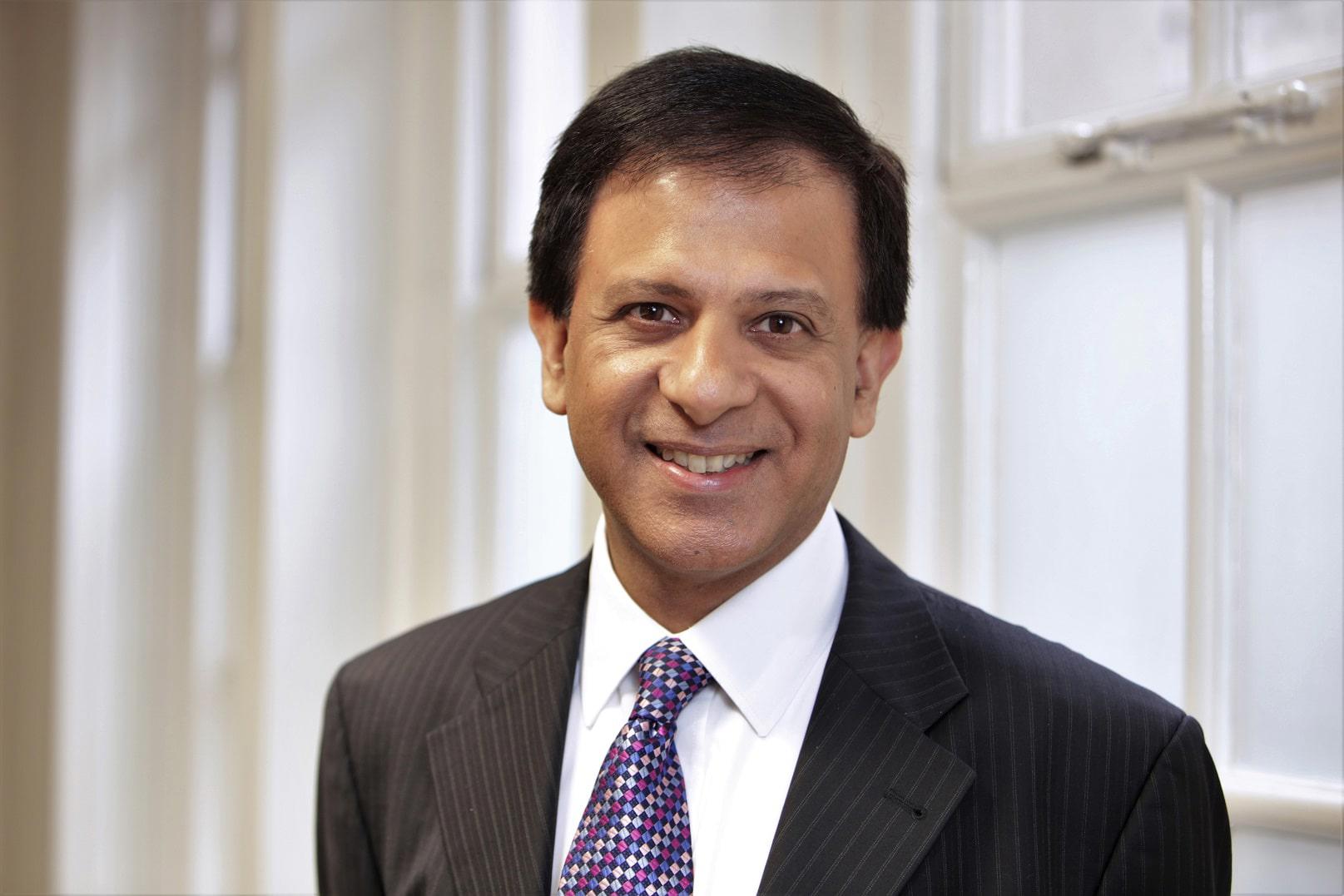Radhakrishna Shanbhag still recalls painfully the incident which led him to consider walking away from a successful, 20-year-long career in the NHS.
A highly experienced associate specialist in trauma and orthopaedics, Mr Shanbhag describes how a patient under his care asked him if a white doctor could perform his operation instead of him.
It was an experience which BMA council member Mr Shanbhag said left him feeling worthless, but which was sadly far from being an isolated experience of workplace racial discrimination, either for him or for many other ethnic minority doctors and healthcare staff in the NHS.
‘I know from my own experiences, as well as colleagues across the NHS, that the reality is when racism occurs the health and care system’s approach to dealing with it is often awkward and ad hoc,’ says Mr Shanbhag, who firmly believes that workplace racism blights the lives of so many doctors, nurses, and healthcare staff in today’s health service.
‘It is not just reflective of racist individuals but rather shows a system that has processes and attitudes which are not fully equipped to deal with racism. Denying this is terribly damaging and sets us back by 20 years. Racism should not be accepted as an occupational hazard for the NHS’s ethnic minority staff.’
Flawed review
One consultant psychiatrist told the BMA: ‘I will never forget a patient complaining about not wanting to be treated by Africans – openly using the “n” word and demanding to be seen by a white clinician.
‘Very often patients and colleagues, who I’ve not worked with before, address junior, white medical staff and hardly acknowledge me, claiming I don’t look like a doctor. This is what I find the hardest. The constant microaggressions, insidious comments and behaviours which are just subtle enough you feel powerless to call it out but no less hurtful.’
When racism occurs the health and care system’s approach to dealing with it is often awkward and ad hocMr Shanbhag
As a professional organisation, the BMA has sought to do much to highlight and address the corrosive effect of racial discrimination in the health service welcoming, and later contributing to, the Sewell commission – a Government ordered root-and-branch examination of racial and ethnic disparities in the UK.
It was much to the association’s disappointment and consternation therefore that the prevailing narrative and conclusions of the report published by the commission in March this year appeared to be at stark odds with the lived experiences of doctors such as Mr Shanbhag.
Three months on, the association has now published its own in-depth response to the commission’s analysis: A missed opportunity: BMA response to the Race Report – and what it says is a failure to reflect doctors’ experiences or to identify possible solutions to racial discrimination.
Chief among the BMA’s criticisms is that the report seeks to downplay the presence of systemic and structural racism in the health service, despite the BMA having documented evidence to the contrary, to fit a politicised narrative.
Discrimination ignored
Outlining the association’s refutation of the report, BMA council chair Chaand Nagpaul points to the findings of one BMA survey submitted to the commission, showing that almost three times as many staff from ethnic minority backgrounds (17 per cent) reported experiencing discrimination in their workplace compared to their white colleagues (6 per cent).
 NAGPAUL: ‘The documentation of racism occurring at a systemic level within the NHS is enormous’
NAGPAUL: ‘The documentation of racism occurring at a systemic level within the NHS is enormous’
He says sweeping statements made by the report’s authors, such as the NHS enjoying a ‘significant overrepresentation’ of ethnic minority staff in ‘high status, professional roles’, were incredibly short-sighted, and difficult to comprehend given the well-documented extent of racism reported by health service staff.
The report ignores the lived experience of many ethnic minority healthcare workersDr Nagpaul
‘The NHS has always been more racially diverse than the UK population itself,’ says Dr Nagpaul.
‘While the report celebrates this diversity, it ignores the lived experience of many ethnic minority healthcare workers as well as the wealth of evidence which shows that for these staff working in the NHS has been, at best, unfair and unequal.
‘The documentation of racism occurring at a systemic level within the NHS is enormous, tough to process, very often not addressed and assumed to be part of the job for ethnic minority doctors and healthcare workers. This should not be the case and it is hard to comprehend how the Commission on Race and Ethnic Disparities race report failed to see this.’
He adds: ‘Having missed an opportunity with this report we’d strongly urge the Government to take the BMA’s response seriously and begin to tackle structural racism within the health service so that the values of fairness and equity we ascribe to patient care applies equally to those that work within the NHS.’

